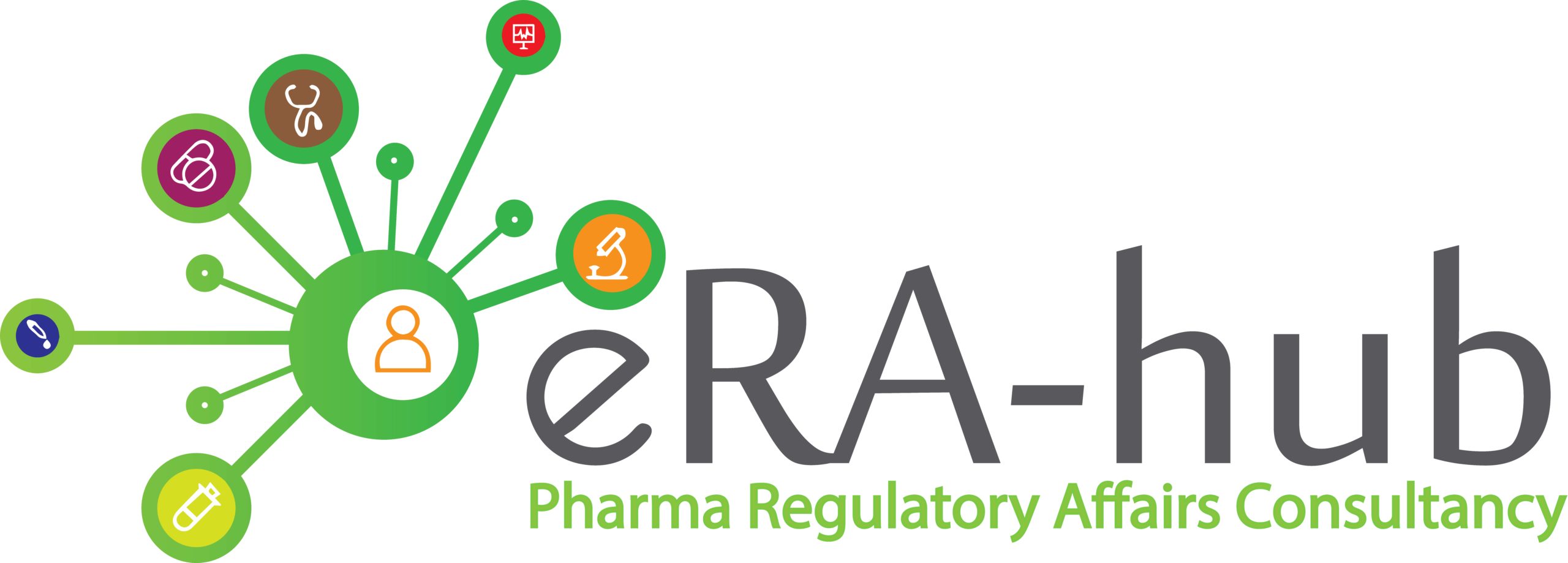EU agencies clarify pharmacovigilance expectations amid COVID-19
In an update to their joint questions and answers document on regulatory expectations for medicinal products amid the coronavirus disease (COVID-19) pandemic, the European Medicines Agency (EMA), European Commission and Heads of Medicines Agencies (HMA) expand on their expectations for pharmacovigilance.
The updated document features three new questions related to pharmacovigilance, covering topics from corrective and preventive actions management to pharmacovigilance system audits and on-site pharmacovigilance inspections.
The first new provision gives marketing authorization holders (MAHs) some leeway to deviate from their management of corrective and preventive actions (CAPAs) related to pharmacovigilance during the pandemic.
“During the pandemic situation MAHs might activate business continuity plans and prioritise activities. Therefore, in case MAHs are unable to continue standard management of corrective and preventive actions, for justified reasons relating to the pandemic, they should temporarily prioritise the deviations,” using a risk-based approach.
The agencies stress that any deviations, “Should be duly recorded as soon as identified, limited in time and should be addressed and closed when the circumstances permit.”
Similarly, the agencies acknowledge that the pandemic may impact a company’s ability to conduct planned pharmacovigilance system audits during the pandemic.
A risk-based approach is recommended when considering putting off such audits, and decisions to do so should be “clearly justified and duly documented,” with for-cause audits taking the priority.
“Before considering to delay a planned audit, alternative approaches, such as remote audits may need to be considered in the short-term,” the agencies write.
As with other types of inspections, the agencies say that on-site pharmacovigilance inspections may not be possible during the pandemic due to travel and operational restrictions in different jurisdictions.
“For pharmacovigilance inspections that are part of pharmacovigilance inspection programmes and cannot be conducted on-site, a remote inspection may be considered, if appropriate and feasible,” the agencies write. For-cause inspections may also be conducted remotely, but the agencies say those decisions should be made on a case by case basis and only if a remote inspection “could fulfill the purpose of the requested inspection.”
The agencies also updated a section of the document explaining the circumstances in which the validity of good manufacturing practice (GMP) certificates may be extended to clarify that, as with sites located in the European Economic Area (EEA), sites located outside the EEA cannot receive an automatic extension for changes in the scope of the GMP certificate.

